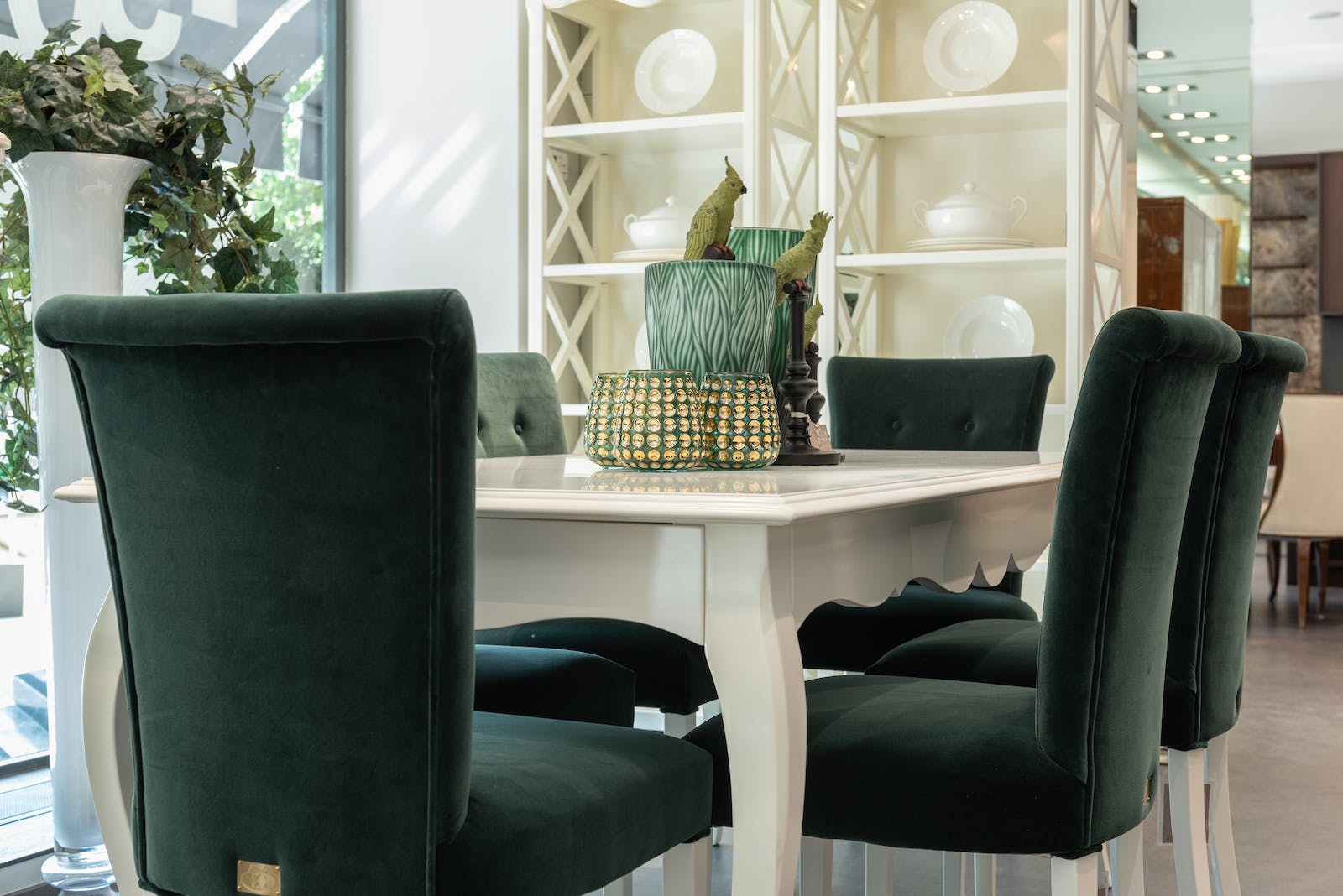Thinking about a makeover? If so, then you’re not alone.
According to Aviva, nearly seven million homeowners in the UK plan to renovate their homes in the next two years, with average budgets around £14,000. This shows that home improvement is a major priority, not just a passing trend.
Before you start removing old tiles or chasing after perfect Pinterest ideas, it’s wise to get organised. A good plan can help you save money, stick to your schedule, and keep you calm.
We, at Freud Living, help you create stylish spaces for everyday life. Whether you want a modern kitchen or a cosy living room, this guide will help you avoid common mistakes and keep your renovation on track.
Let’s get started!
Smart Renovation Checklist Every Homeowner Should Know
Here are the six smart renovation checklist every homeowner should know:
-
Set Clear Goals and Budget
First, decide what you want to achieve with your renovation. Do you want to update your space, make it more functional, or improve its appearance? Having a clear vision will help prevent misunderstandings later. You might want to change a room to match a new lifestyle or refresh an old furniture, like a bathroom set.
Next, focus on your budget. It’s very easy to get carried away with dreams of marble worktops and modern appliances, but renovations mostly cost more than planned. Be sure to account for unexpected expenses. Start by getting quotes from contractors, and then add an extra 10-15% to cover any surprises.
Recent data from Hillarys revealed that 17% of homeowners in the UK plan to spend between £5,001 and £10,000 on home renovations. This shows that many have tight budgets and need clear guidance from the start.
-
Know Your Timeline and Plan for Disruption
Renovations usually take longer than expected, which can be very irritating. For huge projects, expect possible delays. Be ready for the worst and hope for the best. Mentally get prepared for some chaos.
This means making a realistic schedule. For example, if you’re renovating a bathroom, you might think it will only take a week, but problems like plumbing issues can cause delays. Also, consider the time it takes for materials to arrive, shipment problems, and the finishing touches that can take a long time to complete.
Managing the disruption is also important. Can you stay in the area while work is being done? If not, plan where you will go and how you will manage your daily activities. If your home is undergoing major renovations, think about setting up a temporary kitchen.
-
Research Local Regulations and Permits
Not every home renovation needs official approval, but many do. If you’re moving walls, changing structural parts, or making big changes to the outside, you may need planning permission. It’s essential to check with your local council before you start, especially if you live in a conservation area or a listed building.
Look into local laws to understand what is allowed. In some cases, you may not need formal permission, but you still must follow health and safety rules. You can find helpful information about planning permissions on the UK Government’s official website.
-
Manage the Mess and Plan for Waste
Renovation creates a lot of waste, which is often ignored. Old tiles, flooring, packaging, and broken fixtures can accumulate quickly, making it hard to keep things organised. To avoid a messy space, you need a plan for managing the waste.
Even small renovations generate surprising amounts of waste – think old flooring, tiles, packaging, and broken fixtures. If you’re renovating in London, it is worth booking a skip in advance through www.proskips.co.uk to keep your space clear and your project running smoothly.
3 Questions to Ask Before Booking a Skip
- What size do I need?
- How long will I need the skip for?
- What can I put in it?
-
Choose Sustainable Materials and Practices
If you care about the environment and your budget, use eco-friendly materials in your projects. These materials can decrease your carbon footprint and may increase your property’s value. You can opt from options like repurposed glass tiles or energy-efficient appliances to make your renovation more sustainable.
Here are a few suggestions:
- Bamboo Flooring: Look for sustainable resources that are both attractive and durable.
- Recycled Glass Tiles: Pick stylish and eco-friendly materials for backsplashes or surfaces.
- Low-VOC Paints: Many paints have harmful chemicals called Volatile Organic Compounds (VOCs). To keep your home’s air clean, choose low-VOC or no-VOC paints.
To find ideas for a sustainable home, including stylish furniture that is also eco-friendly, you can consider this comprehensive guide on choosing sustainable furniture.
-
Hire the Right Professionals
If you lack trade skills, you will likely need to hire experts for your renovation. This could be a contractor, designer, or architect. Having the right team can make your renovation much easier.
When choosing professionals, do your research. Look at their past work, read reviews, and ask for referrals. Be careful with very low offers; if it sounds too good to be true, it probably is.
Watch for these warning signs:
- Lack of proper licensing or insurance.
- Poor communication or slow responses.
- No clear written contract or agreement.
If you are not sure, consult an interior designer. They can help you with design, lighting, colours, and materials, while ensuring everything fits your budget and timeline.
Conclusion
Renovating your space involves more than just new paint or fixtures; it’s about creating a space that truly meets your needs.
Start by setting clear goals and sticking to your budget. Do not forget to consider important details like getting planning approvals and managing waste. With the right mindset, resources, and team, your renovation can be as satisfying as the final result.
Make a plan. Stay flexible. Finish strong.
Your dream space is closer than you think.



